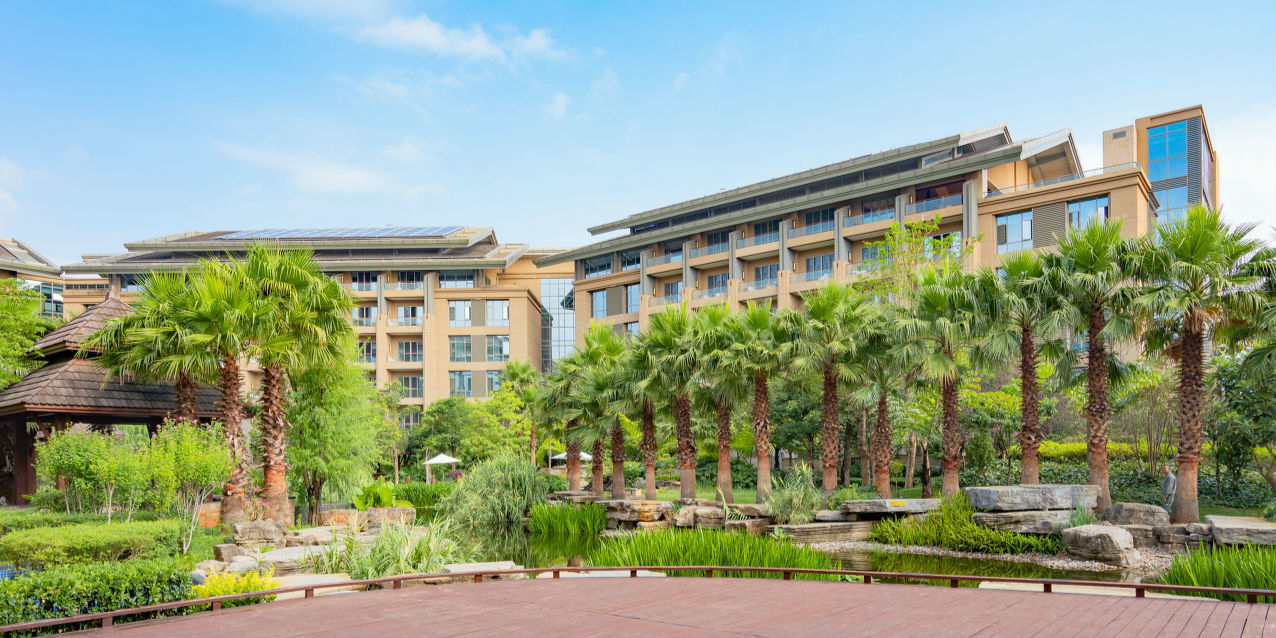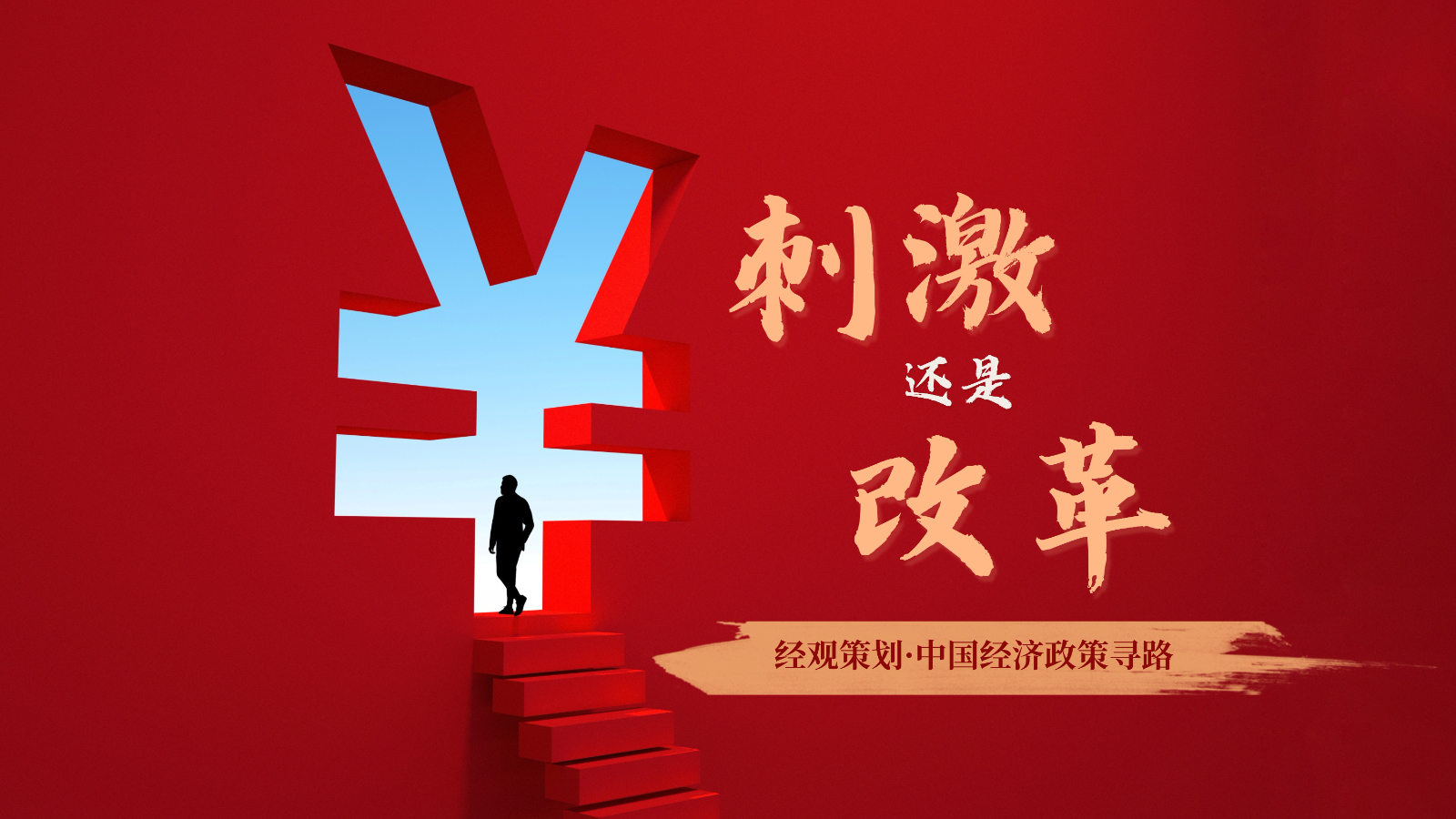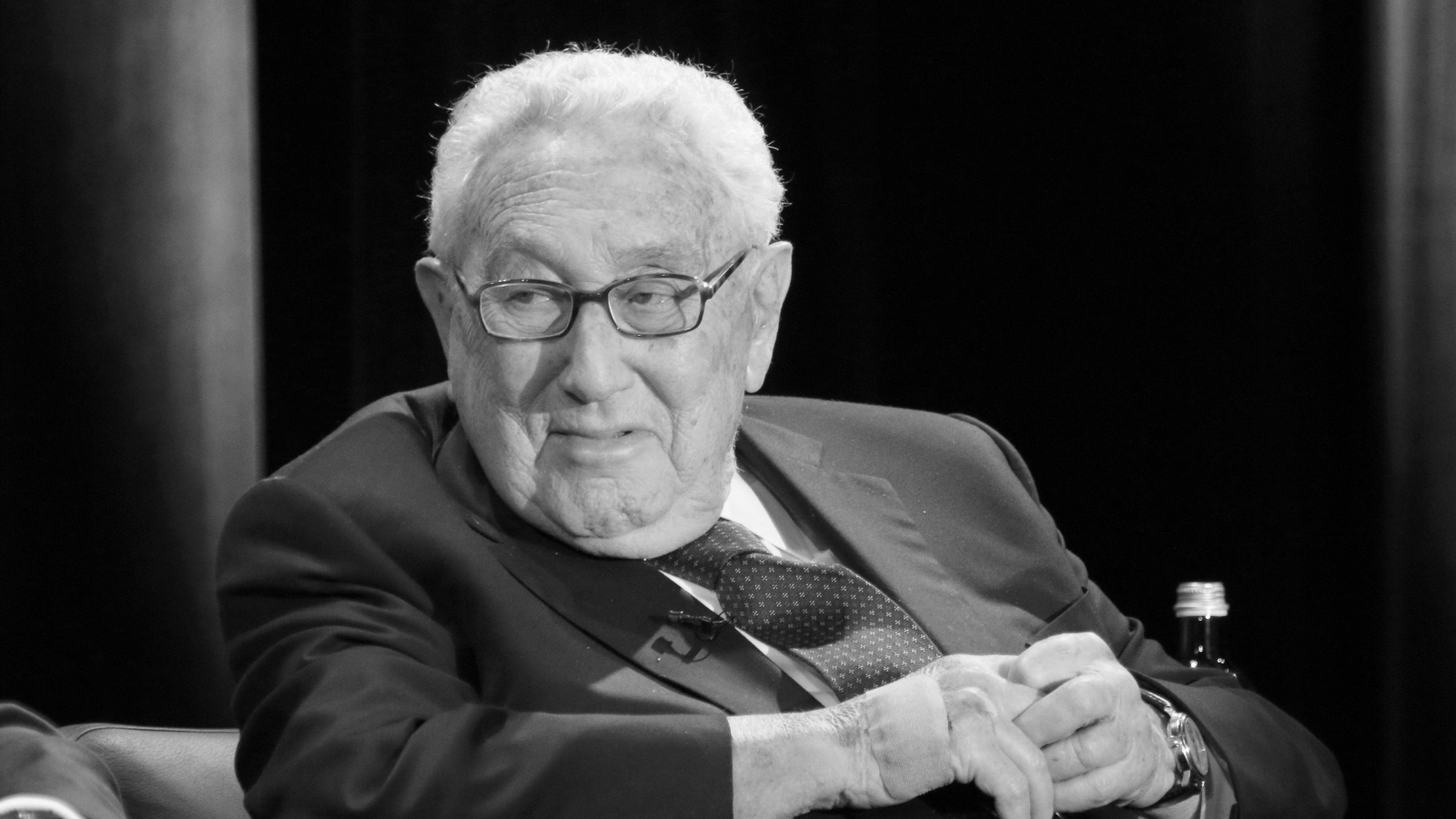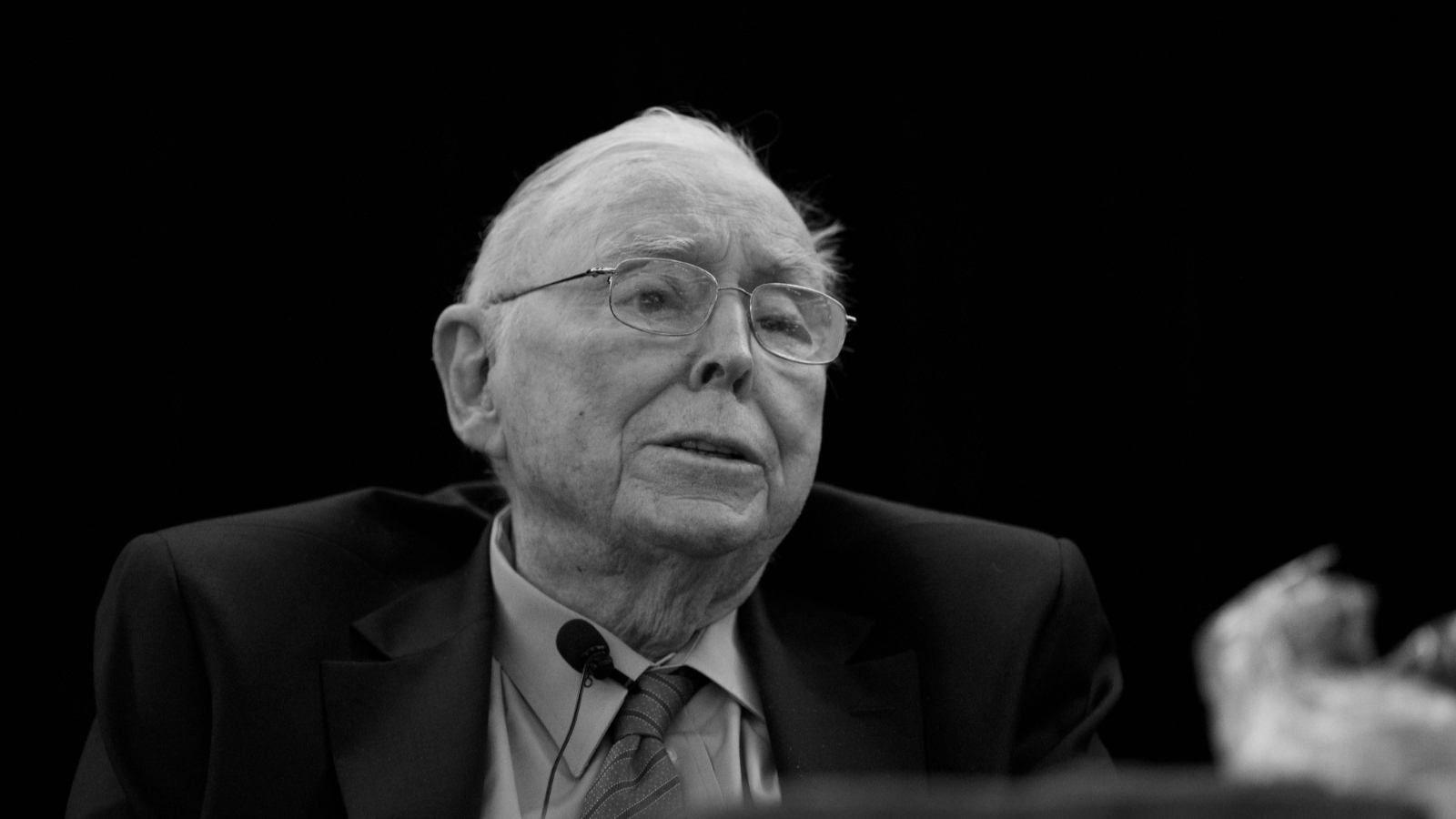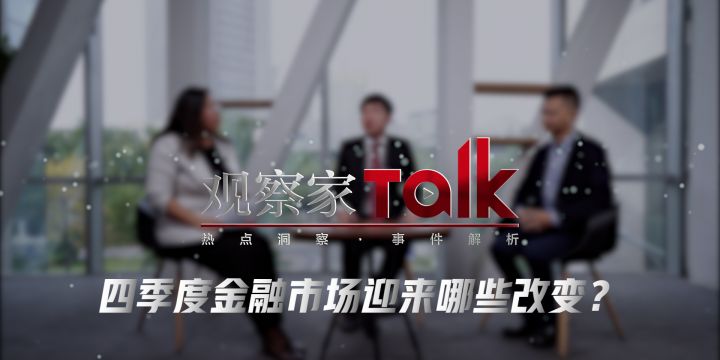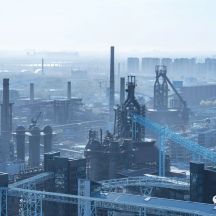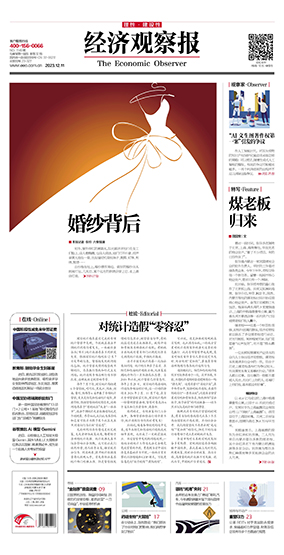阅读精彩微信内容,请扫码关注:
经济观察报订阅
- 每日热新闻
- 每周热新闻
观察家
-

一个照护者的叙说
照护,其实是人世间所有关系的本质与核心。通过把关系置于生命的中心,用生活的艺术从经历中提炼秩序、美好与善良,我们将变得更加富有人性。
-

武决:儒教武士道确立
《武教全书》可谓武士的百科全书,该书实用性强,素行死后,它作为兵学教科书,武士通用。明治时代,以武士道开国,思想上奉素行为先师。
-

奥克尼:北方的海岛
我们在奥克尼群岛住了一个星期,去了很多地方,得到许多惊喜,但是仍然感觉意犹未尽,下次还会再来。
-

有效加速还是超级对齐?
既然奥特曼本人受到公司内外如此的看好和拥戴,董事会当初究竟为何要强行将其开除?董事会此前称开除奥特曼是因为他“在和董事会的沟通中始终不坦诚”,但这样的一个解释怎么看都似乎是过于草率了,奥特曼究竟向董事会隐瞒了什么?他这样做又是为了什么?
-

别具一格的希腊神话
诸神仍活跃在当下时空的可能性与柏拉图的理性主义以及当今非宗教性的唯物主义自是背道而驰,但在一本被出版商归类为文学或小说的作品中却不无合适。
-

八十年代电影中的劳动者与个体户
通观这一切,八十年代电影不仅在重新定义着劳动者,同时也在追问劳动者为谁劳动——为自己,还是为国家。为自己的劳动,则需要一个自我辩护的过程。但是到了八十年代末期,这种辩护的要求就彻底消失了。
-

伯利恒之星
约旦河西岸最重要的基督教圣地一是耶路撒冷,另一个就是圣诞之地伯利恒(Bethlehem)。
商业观察
-
蔚来独立造车,对新兴车企意味着什么
蔚来作为主流造车新势力企业中最后一家告别代工模式、获得独立生产资质的企业,解决了过去的遗留问题,同时加速了新能源车企代工模式的终结。
-
字节撤退不是游戏产业的冬天
对于游戏产业来说,字节跳动的调整也是一次重要的启示。在竞争激烈的市场环境下,只有不断创新、不断进步才能保持竞争优势。在这个过程中,政府、企业都需要发挥各自的作用,为游戏产业的发展创造一个良好的环境和氛围。
-
拼多多和字节跳动赢在哪里 | 小白商业观
企业发展本身就是要在所处的环境中发现机会,而拼多多和字节跳动恰恰在于精准抓住了经济下行周期的两大增长方向:出海和下沉。
-
滴滴宕机:互联网企业发展不能丢了“安全”
对占网约车市场七成份额的滴滴出行来说,其存在的实际意义已经相当于基础设施,只不过此类基础设施并非在线下而是在线上。互联网基础设施如同日常生活中的燃气、水电等线下基础设施一样,其运营的安全性需受到同样的重视。
-

石震方
TMT新闻部记者
长期关注并报道TMT领域发生的重大事件,关注科技对社会生活的影响。擅长人物报道、行业现象观察及深度报道。
重要新闻线索可联系shizhenfang@eeo.com.cn微信号:luckystrikeM10 -

陈奇杰
TMT新闻部记者
长期关注并报道TMT(科技、游戏等)领域重大事件,擅长人物专访、行业分析报道。
邮箱:chenqijie@eeo.com.cn 微信号:Q1191278317 -

潘俊田
产业与政策中心记者
关注能源与制造
欢迎联系panjuntian@eeo.com.cn,微信z13463578996 -

张铃
大健康新闻部记者 关注健康领域大公司、大医生、重要事件、人物 邮箱:zhangling@eeo.com.cn
-

郑晨烨
深圳采访部记者
关注新能源、半导体、智能汽车等新产业领域,有线索欢迎联系:zhengchenye@eeo.com.cn,微信:zcy096x。 -

符小茵
城市与不动产运营部记者
关注房地产政策、市场及参与主体
工作邮箱:fuxiaoyin@eeo.com.cn -

陈企樾
华东新闻中心记者 主要关注创投行业和科技类上市公司,擅长数据分析与深度报道。新闻线索请联系邮箱:chenqiyue@eeo.com.cn
-

濮振宇
关注汽车产业政策、行业企业转型等,对自主品牌、主流合资品牌关注较多,擅长分析报道。
联系邮箱:puzhenyu@eeo.com.cn
微信号:pzy369963493 -

梁冀
资本市场部记者
关注券商、上市公司与资本市场动态,以理性、建设性的态度撰写原创新闻。
新闻线索请联系邮箱liangji@eeo.com.cn -

王帅国
关注汽车产业发展,报道产业转型、车企动向等,对造车新势力、国内品牌关注较多,擅长现场采访等报道。
-

周应梅
TMT新闻部记者
关注并报道TMT(科技、传媒、通信)领域重大事件,擅长人物采访、深度报道。
联系邮箱:zhouyingmei@eeo.com.cn -

张英
大健康新闻部记者
报道健康、人口领域,集中报道老龄化、低生育时代的政策及产业变迁故事。
马尔克斯曾说,记者是世界上最好的职业。英雄所见略同。
新闻线索请联系:邮箱,zhangying@eeo.com.cn;微信,zhangy_1919。 -

汪青
经济观察报记者
华东新闻中心
主要关注金融领域,重点报道银行、保险和金融科技等市场动态。
新闻线索可联系邮箱:wangqing@eeo.com.cn。 -

邹永勤
深圳采访部记者
重点关注金融市场交易主体(主要包括公私募基金、社保基金、证券公司、创投公司等等),以及华南区上市公司的发展状况。 -

王昕宁
深圳采访部记者
关注华南地区上市公司、资本市场,重点跟踪医疗产业、游戏产业等领域。
邮箱:wangxinning@eeo.com.cn -

李靖恒
深圳采访部记者
关注科技领域,包括新能源、半导体、电子通信等科技制造企业。
邮箱联系:lijingheng@eeo.com.cn -

丁文婷
不动产运营报道部记者
关注华东地区房地产与大健康,探索资本背后的故事。
工作邮箱:dingwenting@eeo.com.cn -

谢楚楚
大消费新闻部记者
长期关注文娱行业、文娱消费,聚焦市场动态和事件背后的人和故事。新闻线索可联系xiechuchu@eeo.com.cn。 -

陈月芹
资深记者
城市与不动产新闻中心华南组负责人
新闻线索请联系:chenyueqin@eeo.com.cn -

周一帆
广州采访部记者 重点关注资本市场、上市公司、电竞产业发展趋势。新闻线索请联系:zhouyifan@eeo.com.cn
-

程实
经济学博士,工银国际首席经济学家、董事总经理,中国首席经济学家论坛理事,香港中文大学深圳高等金融188bet体育玩法说明客座教授,盘古智库和香港有限合伙基金协会学术委员,香港中文大学、中国人民大学、安徽大学和浙江大学等高校金融硕士导师。出版著作包括《寻找经济小糖人:经济世界的音乐之旅》、《全球经济的红与黑》、《货币•军队》、《中国经济增质进行时》等。
-

谢泓
广东省中小企业发展促进会会长
-

冯梦晓
中储棉花信息中心总经济师 曾从事土地经济管理、金融评论及宏观经济分析,曾任北京斯密经济研究所副所长,进入棉花行业后,致力于宏观经济对棉花市场影响的研究工作。独立评价国内外经济、金融市场形势。2018年参加国家粮食与物资储备局举办的改革开放40周年征文活动,撰文《棉花储备改革与机制化研究》获得一等奖。近年来,连续参与了《中国棉花年度预警报告》
-

秦勇
太平洋保险集团宏观配置高级经理,九三学社上海金融委支社委员。
-

萧艾伦
萧艾伦,男,1984年出生,河南信阳人,毕业于郑州大学、北航法学院,管理学博士,著有《埃德蒙·柏克与英国宪政转型》、《现代中国的法治之路》(合著)等,研究领域为法理学、宪政理论和刑事法制,上海交大凯原法学院宪法与国家治理中心特约研究员(兼)。
-

艾瑞克·诺兰德
现任芝商所执行董事兼高级经济学家,并担任芝商所全球经济、金融与地缘政治环境发言人之一。主要负责全球金融市场经济分析,包括新兴趋势、经济因素的评估和预测。
-

连平
植信投资首席经济学家兼188bet体育玩法说明院长,博士生导师。担任中国首席经济学家论坛理事长、中国银行业协会行业发展研究委员会主任、中国金融40人论坛常务理事和特邀成员。主要研究领域涉及宏观经济运行与政策、国际金融和商业银行。
-

杨先德
就职于北京市人民检察院第三检察部。毕业于中国政法大学中欧法学院,获中国政法大学和德国汉堡大学双硕士学位,清华大学法学院在读博士。出版译著《跨国视角下的检察官》《庭审之外的辩诉交易》,参编《职务犯罪证据审查实务》(副主编)等著作,在《政法论坛》《法制日报》《检察日报》、财新网等刊物、网站发表论文、文章五十余篇。
-

陈经伟
中国社会科学院金融研究所副研究员、投融资研究中心副主任,经济观察报宏观经济188bet体育玩法说明特约研究员
-

庞溟
香港大学经济学博士,芝加哥大学社会学硕士,证券公司宏观/策略研究主管,从事全球及中国宏观研究、资产配置策略、定量研究、主题研究。 兴趣领域为:转型时期中国宏观经济及其微观基础;全球化背景下的中央与地方关系、国家货币与财政体制、地区发展及地区间竞争;财经、社科、历史等主题阅读。
-

陈宪
陈宪,上海交通大学安泰经济与管理学院经济系教授,中国城市治理188bet体育玩法说明嘉华教授。主要研究领域为:服务经济与贸易,宏观经济学,公共经济学。
-

李宗光
李宗光,现任华兴资本集团首席经济学家。先后供职于国家外汇管理局中央外汇业务中心和中信证券资产管理部,从事全球宏观经济、权益策略及大类资产研究工作。拥有十几年多市场、多资产全球宏观经济及资本市场研究经验,对次贷危机和欧债危机等有较深入研究,熟悉经济机器运转规律。
-

刘延辉
理学博士,现为中国保险学会研究二部负责人,主要研究方向为宏观经济、保险理论与实践。
-

杨望
中国人民大学金融科技研究所高级研究员。十多年金融科技、数字化研究与项目经验。研究方向为宏观金融、金融科技与数字化。代表作品《金融科技启示录》(中国金融出版社)、《金融科技与商业银行效率,基于DEA Malmquist模型的实证研究》(国际金融研究)、《全球区块链产业竞争格局与中国创新战略》(财经问题研究)、《金融科技变中求进》(中国金融)。
-

张奥平
经济学家,经观未来188bet体育玩法说明院长,同时兼任中国电子商会科创产业专委会副理事长,人民网创投专家咨询委员会特聘专家,山东省青企协、山东省私募股权投资基金业协会、新乡市企业家联合会等特聘经济顾问,山东省财金投资集团188bet体育玩法说明特约研究员、广州市天河区促进民营经济发展服务中心顾问、中关村数字文化产业智库专家委员、越南建设证券中国区首席经济学家、正和岛资本服务中心顾问等,2021年获南开金融首席经济学家论坛“青年经济学者”、2022年获第一财经“青年财经思想者”。
-

刘军
博士。曾任日本多所大学、研究机构研究员和访问教授。主要研究领域包括文学与文化研究、社会文化比较研究、政治哲学与思想史等领域,在相关领域著述丰富。
-

魏浩征
劳达咨询集团及塞氏中国188bet体育玩法说明创始人、上海人才服务行业协会副会长
-

陈永伟
《比较》研究部主管
-

王永利
王永利,经济学博士,中国国际期货有限公司总经理。 曾任中国银行副行长、执行董事,Swift首任中国大陆董事,乐视控股高级副总裁、乐视金融CEO,中国国际期货有限公司副董事长;深圳海王集团首席经济学家、全药网科技有限公司执行总裁。 对货币金融、财务会计、风险管理、外汇储备、人民币国际化、期货及衍生品、金融监管体系、互联网金融、数字币与区块链等,有深入研究,具有丰富的实践经验和理论造诣。
-

聂日明
上海金融与法律188bet体育玩法说明研究员





